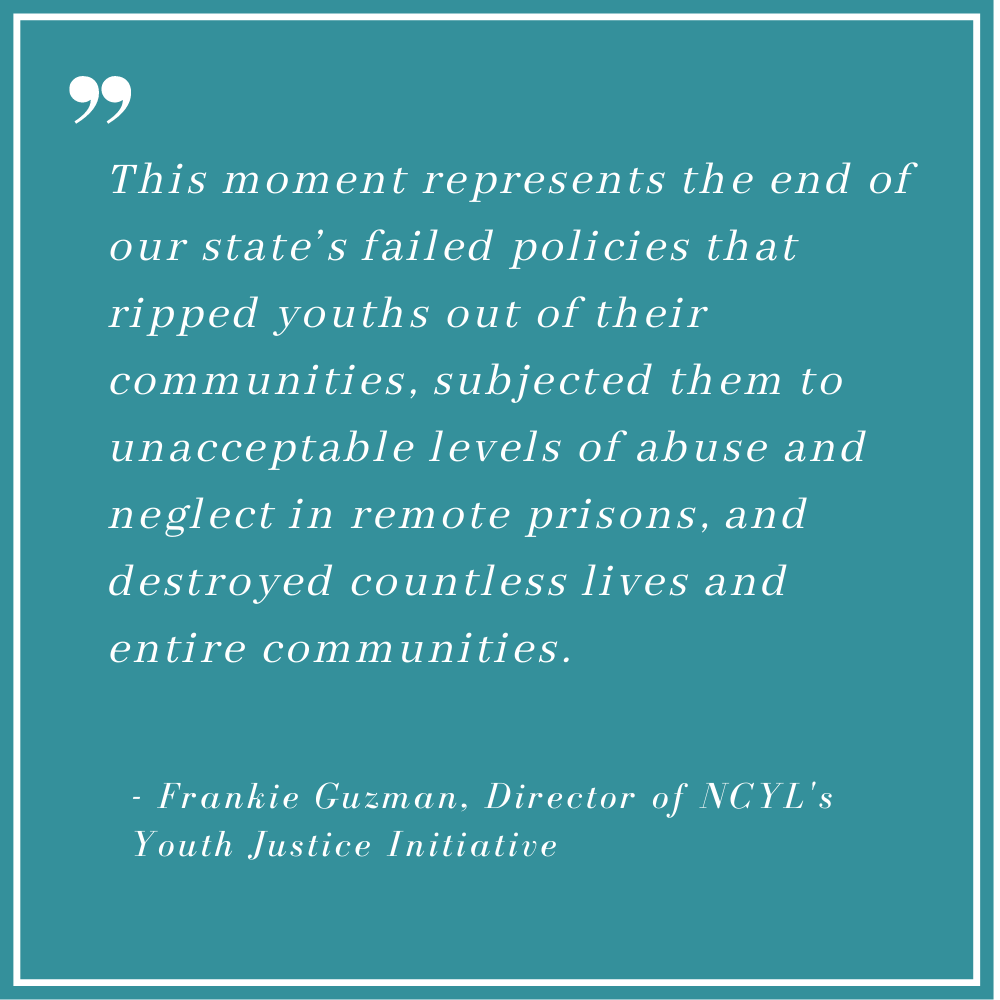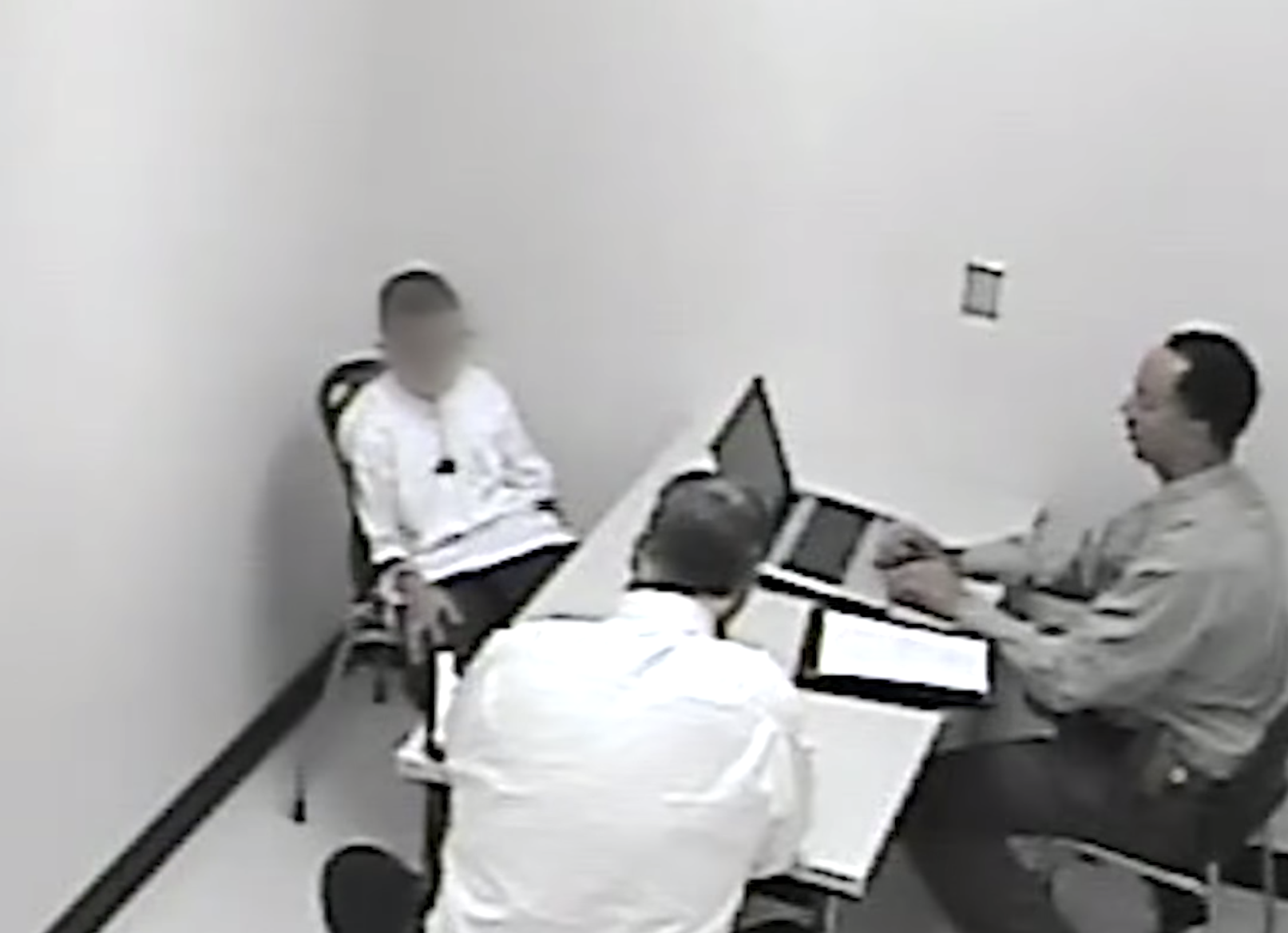California Enacts Historic Youth Justice Reforms; Closes Youth Prisons
Closing California State Youth Prisons the RIGHT WAY

NEW Protections for Confidentiality and Record Sealing of Police Diversion Records

Diversion programs have expanded throughout California and increased youth's access to services and supports outside of the juvenile justice system. However, laws governing the confidentiality and sealing of diversion-related records have not been updated to ensure protections for youth who are diverted from system involvement. AB 2425 ensures that youth who are diverted from the juvenile justice system are protected from the negative collateral consequences of a police record. This bill also ensures that diversion service providers maintain the confidentiality of their records.
Ending Excessive Probation Supervision for Youth Who Have Not Been Charged With Any Crime
AB 901 ensures that youth who have not been accused of breaking the law are not subject to harmful justice system interventions. Numerous studies have shown that probation involvement – including excessive supervision and services for youth who have not been charged with any crime – does more harm than good and risks trapping youth in the justice system. AB 901 supports a new vision for youth development and system diversion throughout California by eliminating “voluntary probation supervision,” and reduces the high economic and emotional costs of youth arrest, court involvement, detention and incarceration that occur much more often once youth come into contact with probation and other law enforcement.
Historic Expansion of Miranda Rights for Youth

In 2017, California a law that prohibits police from interrogating youth under age 16 until the youth has had a chance to talk with an attorney about their rights. That law sunsets January 2025. Now, California's SB 203 will require all youth under age 18 to consult with an attorney before they decide whether or not to waive their constitutional rights and speak to police during an interrogation. The new law requires an attorney to explain the Miranda rights to the youth and what it means to waive them. By ensuring youth understand their rights, we ensure the outcomes of these police interrogations are just and lawful, and create greater trust, accountability, and due process for all.





